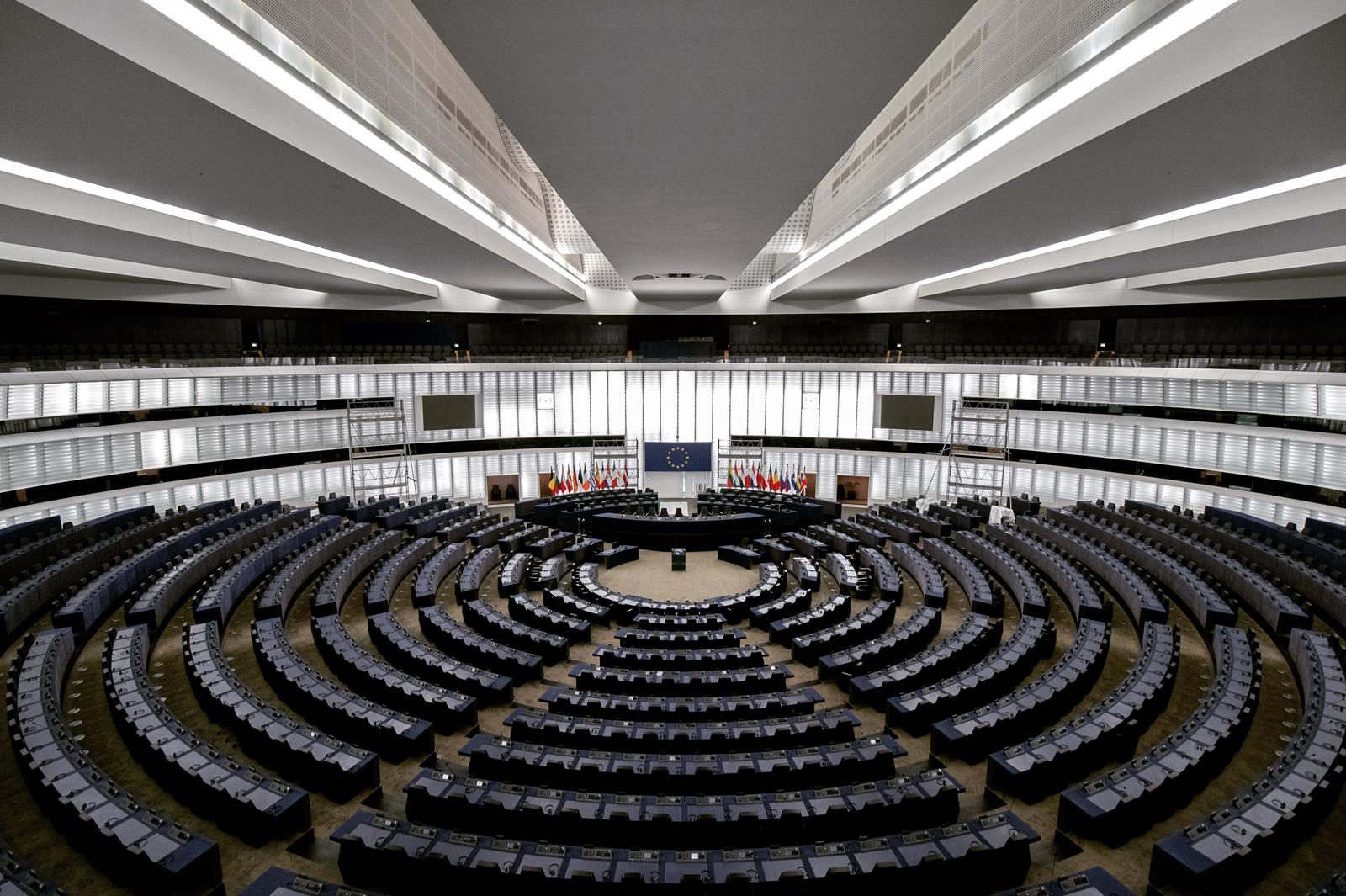
Politics is the group of political activities which are concerned with making decisions on behalf of groups, individuals or the state in terms of power relationships, or distributing societal status or resources. The branch of social sciences that studies government and politics is called political science. It studies all sorts of governments, political systems and social institutions including the way politics influences the economic development of a country. Politics and public policy are also closely linked. For instance, a politician may be responsible for the creation of a country’s laws and regulation or regulate its political system.
Politics and public policy are not only related but intertwined. They often evolve from closely related practices in different institutions like religion, medicine, sociology and law. All these practices and philosophies have shaped how societies, nations and individuals see, feel and think about politics. The study of politics is thus an indispensable part of the academic curriculum. Students who want to pursue political studies must therefore take up studies that will equip them with general knowledge about politics and public policy.
In recent years, the study of politics has become highly diversified, drawing from a number of disciplines, including anthropology, business, development, economics, English, journalism, political science, sociology and technology. Some of the most prominent areas of research include Comparative Politics, Critical Politics, International Relations, Immigration/Illegal Immigration, International Security, Gender and Reproductive Rights, Immigration/Illegal Immigration, Nations and International Organizations, Political Communication and Political Participation. There are many universities that offer degree courses in politics.
Students can choose from two major areas of study, either of which would be interested in politics and public policy. One focuses on political systems while the other studies different ways in which politics influences public policy. For example, in Comparative Politics, students learn the concepts of political science and compare and contrast these with those of various other fields. Those interested in International Relations study international political systems and how these systems affect different countries as they interact with each other. Those who are into Economics study economic institutions, growth, inflation, unemployment and other economic indicators that affect public policy.
Public policy is related to how politics influence the government’s policies and actions in areas such as health care, education, labor, immigration, environment, technology and society. Studying public policies also involves studying how members of government get elected, how policies are enacted and how they affect citizens. Students who are interested in journalism learn how to conduct research, as well as writing short stories that examine current affairs. Students who are interested in development learn how the government spends resources and what projects are carried out to help improve living standards. They can also choose to specialize in any of the above mentioned areas.
A comparative analysis is one of the best ways for understanding politics, as it compares and contrasts several political systems. A main article on this subject examines the major political systems in the world today. The main article starts with the United States and goes through all the major political systems until it reaches the English polity system. After analyzing all the systems, the main article discusses how each polity has formed its own system for organizing politics.
An introduction to political theory can be divided into two categories: object and self-acting co-operation. The main article briefly discusses the idea of object co-operation, as well as self-acting co-operation. It then goes on to describe how these two forms of co-operation are related and how politics may affect them.
Politics may seem difficult at first, but it is made easier with the help of this handy guide. The world seems chaotic, but it is actually a very systematic process which is constantly being polished. Learning more about politics makes it easier to understand what gets done in politics, how politics affects the people who live in it, and why they do what they do. By reading this book, you will not only have a better understanding of politics, but you will also learn many interesting facts about politics that you might otherwise miss out if you were to study it in the usual way.
